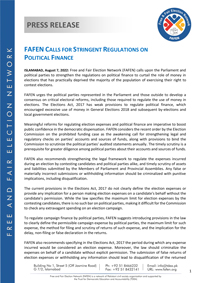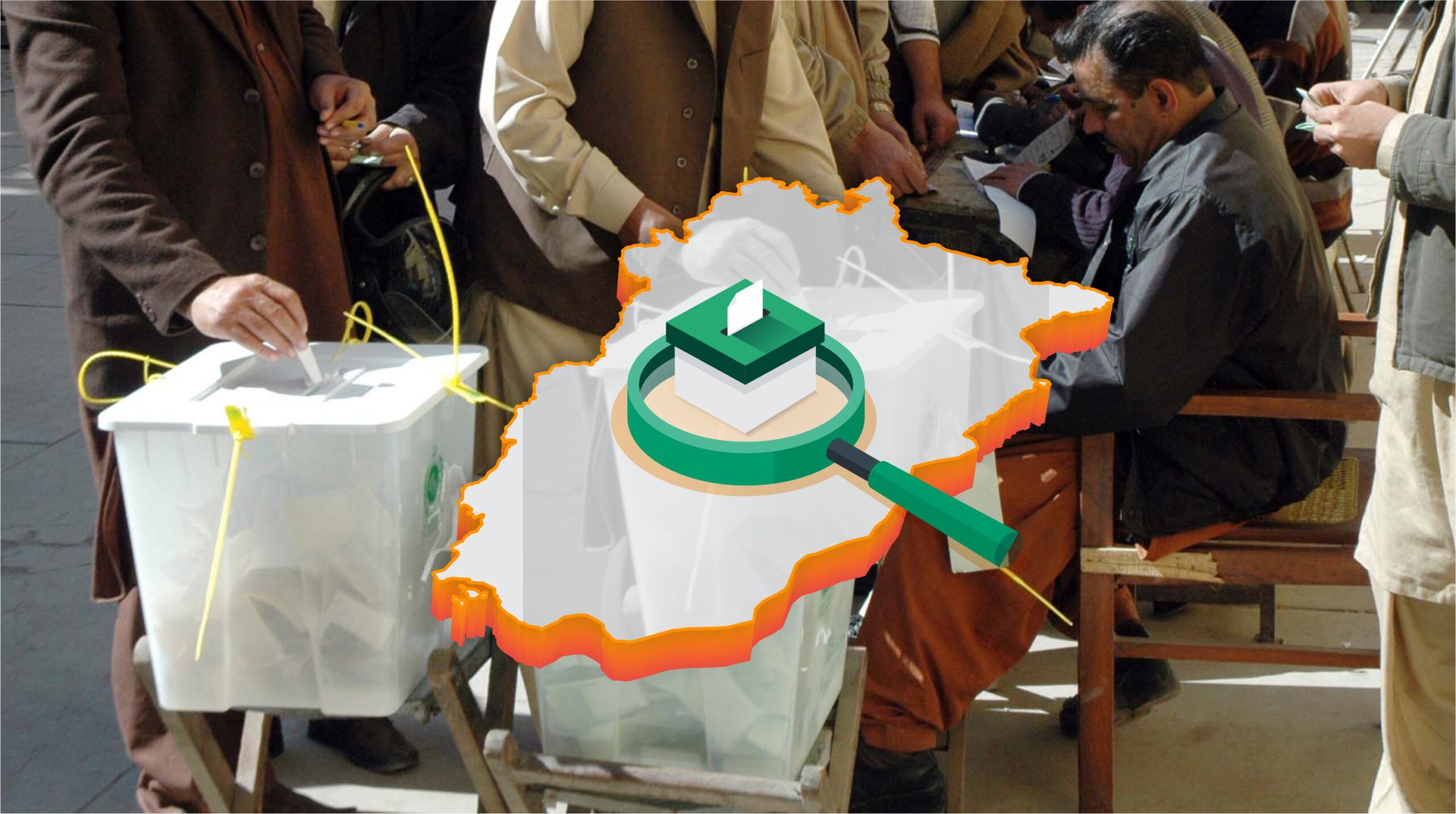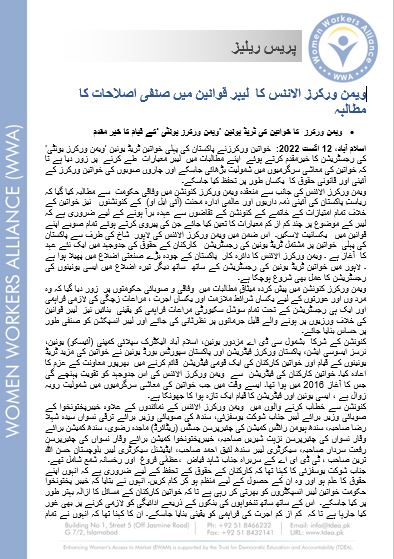ISLAMABAD, August 7, 2022: Free and Fair Election Network (FAFEN) calls upon the Parliament and political parties to strengthen the regulations on political finance to curtail the role of money in elections that has practically deprived the majority of the population of exercising their right to contest elections.
FAFEN urges the political parties represented in the Parliament and those outside to develop a consensus on critical electoral reforms, including those required to regulate the use of money in elections. The Elections Act, 2017 has weak provisions to regulate political finance, which encouraged excessive use of money in General Elections 2018 and subsequent by-elections and local government elections.
Meaningful reforms for regulating election expenses and political finance are imperative to boost public confidence in the democratic dispensation. FAFEN considers the recent order by the Election Commission on the prohibited funding case as the awakening call for strengthening legal and regulatory checks on parties’ accounts and sources of funds, along with provisions to bind the Commission to scrutinize the political parties’ audited statements annually. The timely scrutiny is a prerequisite for greater diligence among political parties about their accounts and sources of funds.
FAFEN also recommends strengthening the legal framework to regulate the expenses incurred during an election by contesting candidates and political parties alike, and timely scrutiny of assets and liabilities submitted by the Members of Parliament and Provincial Assemblies. Any false or materially incorrect submissions or withholding information should be criminalized with punitive implications, including disqualification.
The current provisions in the Elections Act, 2017 do not clearly define the election expenses or provide any implication for a person making election expenses on a candidate’s behalf without the candidate’s permission. While the law specifies the maximum limit for election expenses by the contesting candidates, there is no such bar on political parties, making it difficult for the Commission to check any extravagant spending on an election campaign.
To regulate campaign finance by political parties, FAFEN suggests introducing provisions in the law to clearly define the permissible campaign expense by political parties, the maximum limit for such expense, the method for filing and scrutiny of returns of such expense, and the implication for the delay, non-filing or false declaration in the returns.
FAFEN also recommends specifying in the Elections Act, 2017 the period during which any expense incurred would be considered an election expense. Moreover, the law should criminalize the expenses on behalf of a candidate without explicit permission. The submission of false returns of election expenses or withholding any information should lead to disqualification of the returned candidate. ECP should be legally bound to publish financial statements by members and political parties on its website for public inspection free of cost.
The Parliament and political parties may also consider introducing additional restrictions to curb the use of money in elections, such as completely banning Election Day campaigning, public rallies, and using promotional materials such as panaflex and hoardings as well as measures to check the vote buying and campaigning on social media. The minimalist campaigns would enable ordinary citizens with meager means of income to contest elections, especially women, PWDs and transgender persons as they are already at the margins of the social as well as economic strata.
To download Urdu Press Release, Click here




